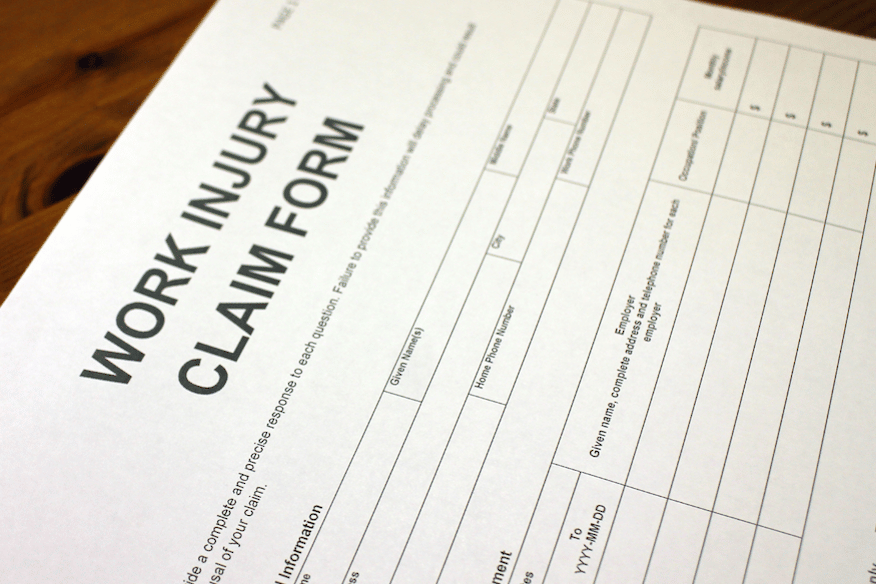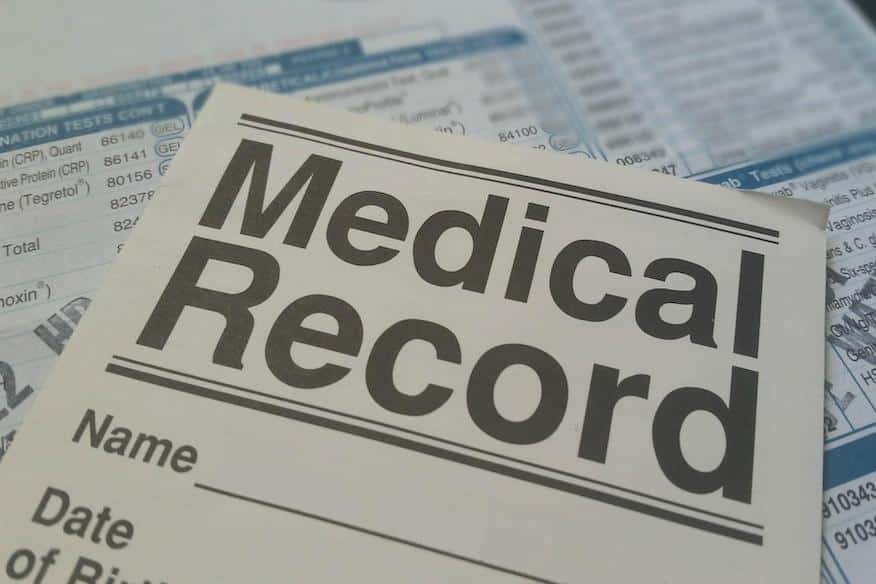
What is Not Covered by Workers’ Compensation?
Workers’ compensation provides compensation for on-the-job injuries, without the employee having to prove their employer was liable. However, there are limits to what workers’ compensation

Workers’ compensation provides compensation for on-the-job injuries, without the employee having to prove their employer was liable. However, there are limits to what workers’ compensation

Workers’ compensation helps both employers and employees. The system covers certain expenses for on-the-job injuries and illnesses, including medical bills and wage benefits, and shields

When tax season rolls around, workers’ compensation recipients often wonder if their benefits are taxable. Here’s the good news: workers’ compensation is not taxable, not

Workers’ compensation was specifically designed to compensate injured workers for medical expenses and lost wages. Clients often wonder if they can collect benefits in addition

The Bureau of Workers’ Compensation (BWC) covers medical expenses and wage benefits for workers injured on the job. Typically, workers’ compensation benefits do not involve

Workers’ compensation is designed to offset the cost of medical expenses and lost wages when a worker is injured, or develops an illness while on

When you suffer an on-the-job illness or injury, it’s important to file a claim with the Ohio Bureau of Workers’ Compensation (BWC). If your claim

Ohio’s workers’ compensation program covers expenses related to on-the-job injuries. When you’re recovering from an accident, you may reach “maximum medical improvement” (MMI). This means

Ohio’s Bureau of Worker Compensation (BWC) covers certain medical expenses and other benefits when you’re injured on the job. Understanding your rights as an injured

When you’re injured on the job, the Ohio Bureau of Workers’ Compensation (BWC) should cover your medical expenses. However, if pre-existing conditions are involved, the
Dworken & Bernstein Co., L.P.A. is a full-service law firm that has represented businesses and individuals in Northeastern Ohio for more than 60 years. The information presented in this website should not be construed to be formal legal advice nor the formation of a lawyer/client relationship.